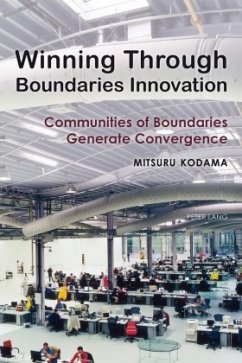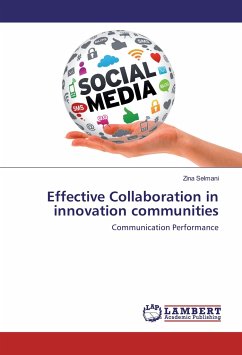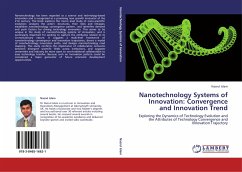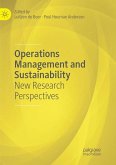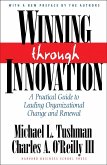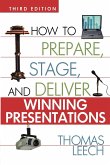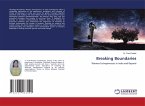At present, many companies consider «knowledge» the most important element and the benchmark for maintaining an enduring competitive advantage. The process of strategically acquiring both new boundaries knowledge and convergence knowledge to generate boundaries innovation becomes an important element in acquiring dynamic organizational capability. This is essential for rapidly establishing a company's market position in new markets and technologies.
This book discusses from a micro-viewpoint different strategies for companies' sustainable generation of boundaries innovation through the creation of both types of knowledge. It focuses on strategic management activities centered on innovation processes (incremental innovation and radical innovation) in a company.
In the future, the knowledge convergence processes practiced by individuals, groups and organizations inside and outside the company will form the basis of dynamic innovation activities. These will continually create new boundaries knowledge and convergence knowledge, as well as the organizational capability for supporting these.
The «knowledge convergence firm» this book proposes is a new corporate model that achieves sustainable boundaries knowledge by promoting creative, productive friction among people, and between and amongst communities. It does this by implementing knowledge convergence processes at diverse boundaries within and outside the company.
This book discusses from a micro-viewpoint different strategies for companies' sustainable generation of boundaries innovation through the creation of both types of knowledge. It focuses on strategic management activities centered on innovation processes (incremental innovation and radical innovation) in a company.
In the future, the knowledge convergence processes practiced by individuals, groups and organizations inside and outside the company will form the basis of dynamic innovation activities. These will continually create new boundaries knowledge and convergence knowledge, as well as the organizational capability for supporting these.
The «knowledge convergence firm» this book proposes is a new corporate model that achieves sustainable boundaries knowledge by promoting creative, productive friction among people, and between and amongst communities. It does this by implementing knowledge convergence processes at diverse boundaries within and outside the company.

